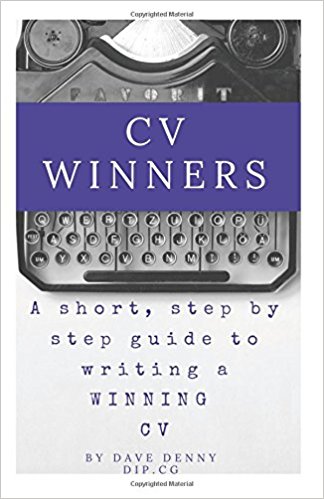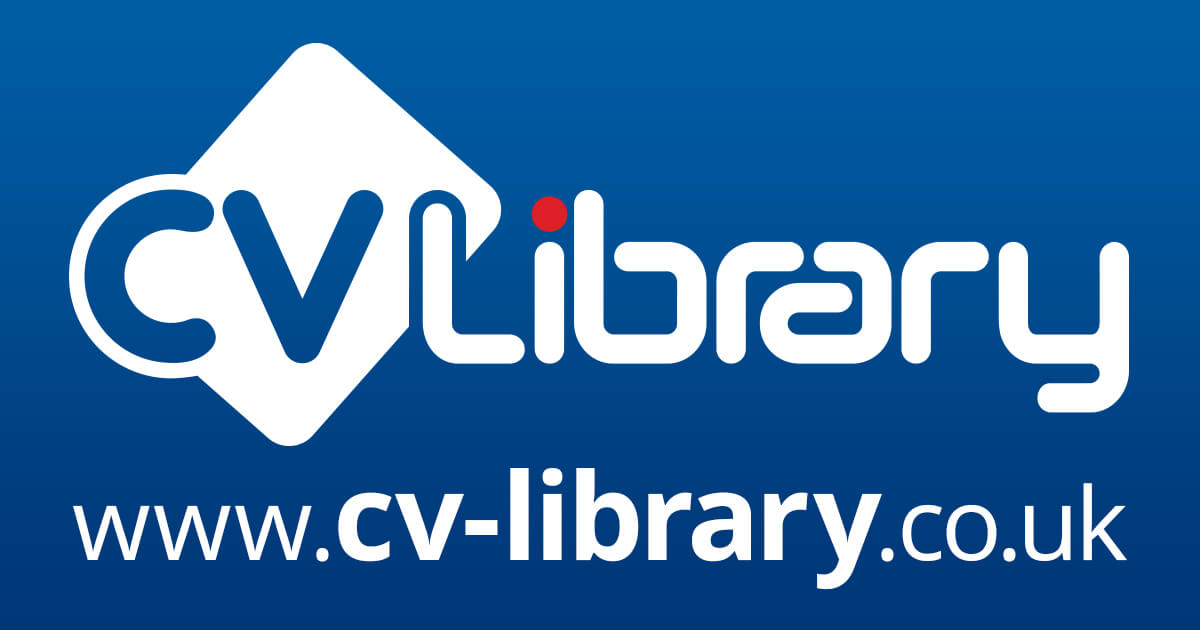Some Top Tips
Here are a few tips to digest fully before you get to the main task of writing your CV – bear them in mind when writing! I make no excuses for repeating myself with the mainpoints throughout this short guide; I just want them in your head!
Remember; in the first instance it will probably NOT be read by a decision maker at all, but sifted through by administrators and various gatekeepers to ensure you match the key points of the person specification, or it may even electronically scanned for the same purpose. Make sure it is Clear and Accessible
CONTENT – ACCESSIBILITY – IMPACT
Your CV has to answer the person specification found with most job applications OR at least the Job Advert requirements which might reflect it. For speculative applications it’s the same – just imagine you are applying for a specific job and do some research on the company you are speculatively applying to. It’s going into a MATCHING PROCESS
Your CV needs appropriate content to meet the above requirement.
The content needs to be clear and concise, don’t ramble and don’t worry too much about precise grammar – unless it’s a job requirement.
Your CV needs to be well laid out, on decent quality paper (if being used in such a way) but the visual impression and sometimes tactile feel, should be instantly good in all cases.
Your CV needs a good structure to make the information accessible to the reader quickly – like interviews, first impressions with your CV count, a poorly laid out CV with a small obscure font might end up on the scrap pile without even being read!
If Your CV is being sent electronically, make sure it’s in a popular format that the recipient can open, later Word or Adobe for example OR, if pasted into the email, that it retains its formatting when opened – test this by sending to a friend perhaps or cc-ing to yourself. The first way is good as your friend can give you some informal feedback.
So make sure you know what recruiters or employers are asking for and your CV gives it ALL to them in a clear and easily accessible format, then you make the shortlist for the decision makers perusal.
Hints & Tips : Language and Layout
ALWAYS try and match the person specification, consider your CV as an application form – because it is! Write your CV with the person specification in mind, or in the absence of one, use the actual job advert along with some research of similar job profiles for the skills and abilities needed.
- Don't use the same CV time and time again for different jobs – it won’t work.
- If there is no match to the person specification, you CV will probably fail to get you to the next step.
- Use short and concise sentences and avoid over complicated language and punctuation.
- Construct sentences that are easy to read, which is important because short listing staff have little time and are often not the decision makers.
- Format your CV with simple fonts such as Arial. Use standard font sizes up to 14 except for headings. Make you name big enough to be very easily read, but not so big it makes you look like a self absorbed lunatic.
- For MOST purposes two pages are sufficient, and put them on one sheet of paper, back to back – this avoids the possibly of losing one of the sheets – it does happen too often!.
Hints & Tips : Content and Format
Concise Language and Layout make for good, quick accessibility of your information.
- Include contact details such phone number, email and address, postal address. There is NO reason to include age, marital status or sexual orientation!
- Ensure employment history, including title and dates, can be easily read and each laid out in the same style. Order them with the most recent first. DON'T cover your CV with bullet pointed lists. Some are OK, but over-use of bullet points isn't recommended.
- If you have a long work history use the last 5-6 years, and then summarise other significant and relevant work history, perhaps as a list, depending on space available.
- Include your personal and past achievements in a separate sector - remember, voluntary work and other experience outside work is often relevant to the job you applying to.
- If any particular qualifications are mentioned in the person specification, make sure they are duplicated as written in the person specification - the CV might be scanned electronically for them, your spelling might not match.
- Ensure you have appropriate referees ready for different applications. Either attach references (space permitting) or state that they're available. The latter is always my choice.
ALWAYS ask your referees that you can use them if you are providing their details on the CV, as recruiters may contact them without asking you in advance, something you don’t want if you didn’t approach them for permission – most will, but be courteous..
And Finally….Use spell checking tools when creating, but don't rely on them for your final draft – FIND SOME HUMAN EYES. This also works on getting an opinion on the impression your CV gives from someone else. Grammar checks can be turned off, as long as it’s clear it need NOT to conform to stringent grammatical rules.
© Copyright CV WINNERS!



